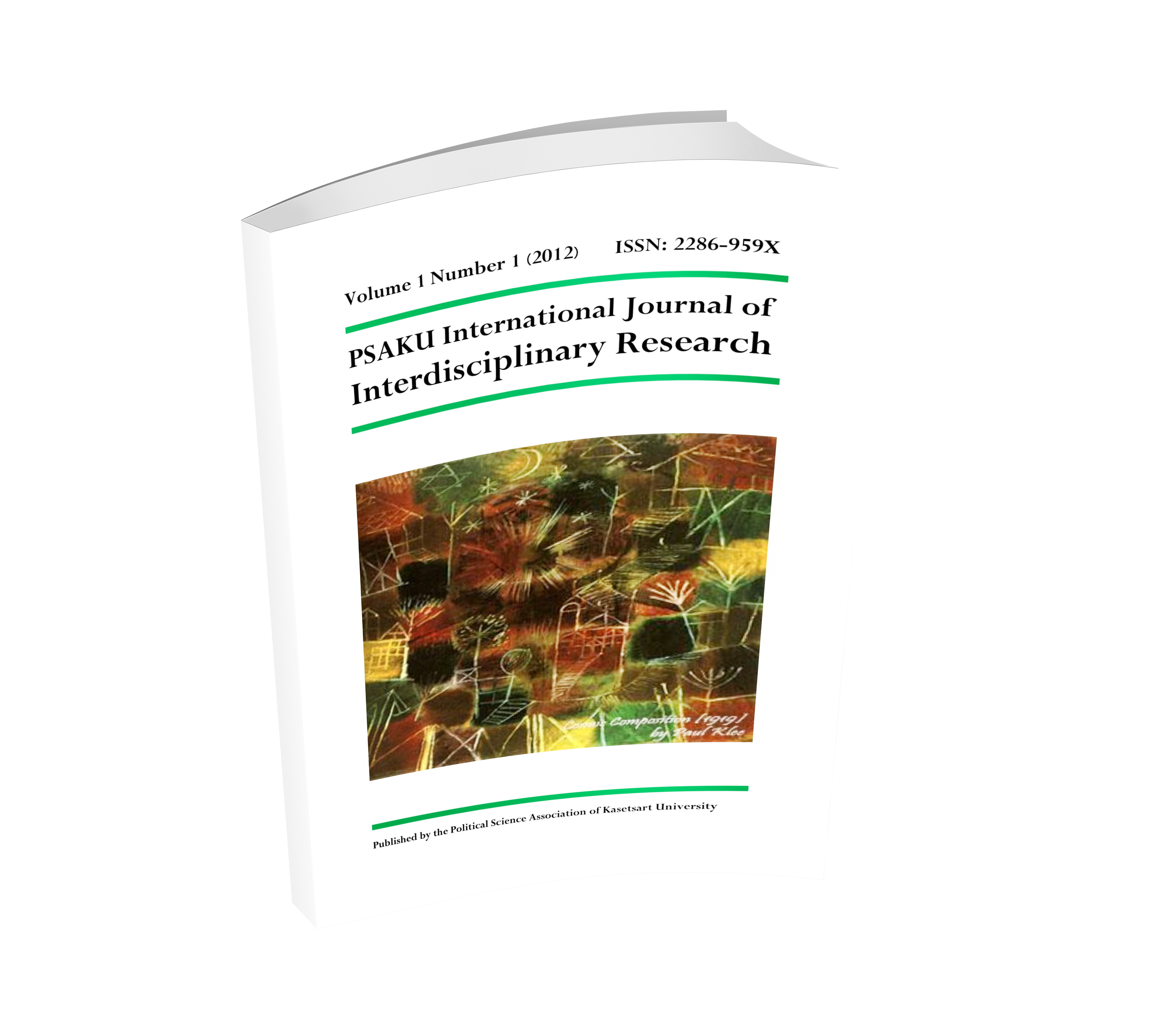Socio-Ecological Perspectives on Sustainable Livelihood and Environmental Management: A Multiple Case Study in Northern Thailand’s National Park
Keywords:
Environmental Management, National Park Commun-ities, Sustainable LivelihoodAbstract
Protected areas such as national parks play a crucial role in global conservation efforts and also provide a range of socio-economic benefits. This paper draws from preliminary findings from an ongoing research project to review the broad theoretical socio-ecological perspectives and applies multidisciplinary research to environmental management. The aim of the overall research program is to investigate the relationship between sustainable livelihood and natural resource management in northern Thailand’s national park communities, with a view to enhancing compatibility. Participatory Rural Appraisal (PRA) and qualitative research methods are used to develop an in-depth understanding of the governing institutions in natural resource management with regard to the context and perception of sustainable livelihoods. Our preliminary results show that sustainable livelihood activities are related to environmental conservation initiatives, such as annual forest restoration, the establishment of fire breaks, water resources management, and community-based ecotourism, which are the vital parts of natural resource management in northern Thailand’s national park communities. In addition, the ASEAN Economic Community (AEC) is the pathway for national economic and tourism development, which will promote change in terms of socio-economic development in local, national and regional ASEAN countries. The recommendation of this study considers that community empowerment to participate in natural resource management decisions is the significant pathway to support both sustainable livelihood and environmental conservation efforts within northern Thailand’s national parks.
Downloads












.png)


